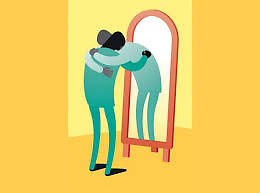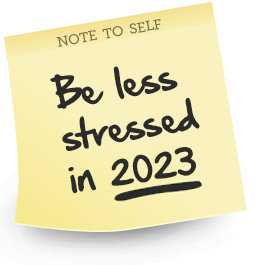What is Counselling and Psychotherapy
What is counselling?
Counselling tends to be a process that involves helping skills such as; caring, listening and reflecting and caring. Through, working in this manner it is then possible to form a working alliance, one that is a trusted relationship between the client and counsellor.
A counsellor offers support so the client can reach their own autonomy. To achieve this the counsellor will offer support so the client can form their own judgement and direction so the client can develop an insight into their own problems so they can approach their lives and problems in a renewed way.
The relationship between counsellor and client helps to explore personal problems, often the result of unhappiness. Working through difficulties enables us to ultimately feel better about ourselves and motives better and this can reduce anxiety, lessen compulsiveness and ease depression, Counselling enables us to readdress our coping skills; how we deal with problems, challenges, relationships, work, thereby developing effective strategies to handle situations that previously used to baffle us.
Counselling focuses on the symptoms, thereby offers help to develop and equipping us with tools that can help you break out of negative thoughts and habits. This means that counselling normally has a shorter duration (NHS Scotland, 2019).
What is Psychotherapy
Psychotherapy is used to treat emotional problems and mental health conditions and allows the therapist and client to explore deeper into problems and worries, and deal with troublesome habits and a range of mental disorders. People with significant emotional problems may also benefit from psychotherapy, including people dealing with stress, bereavement, divorce, redundancy, or relationship problems.
Psychotherapy usually involves talking, but sometimes other methods may be used, such as; art, music, drama and movement.
Psychotherapy helps with our relationships with others, it can enable us to discuss the feelings we have about ourselves and in conjunction with other people, particularly family and those close to us.
Psychotherapists are mental health professionals who have been trained to listen to a person's problems and together with the client try to find out what's causing them and help them find a solution.
A Psychotherapist can suggest strategies for resolving problems, as well as support and help you change your attitudes and behaviour. Ultimately you will be encouraged to develop your own solutions, though the therapist will offer support and guidance to help you tolerate painful emotions, manage relationships more effectively, or improve behaviour.
People with significant emotional problems may also benefit from psychotherapy, including people dealing with stress, bereavement, divorce, redundancy, or relationship problems.
What is psychotherapy used to treat?
Psychotherapy can be used to treat a wide range of mental health conditions, these include:
Depression
Anxiety disorders
Relationships
Personality disorder
Obsessive compulsive disorder (OCD)
Post-traumatic stress disorder (PTSD)
Long-term illnesses
Eating disorders, such as anorexia nervosa, bulimia and binge eating
Drug/substance misuse
Alcohol misuse
People with significant emotional problems can also benefit from psychotherapy, including people dealing with stress, bereavement, divorce, redundancy, or relationship problems (NHS Scotland, 2019).
What Benefits can be Expected?
Researcher considers that the benefits individuals experience from engaging in psychotherapy are:
Having the opportunity to talk through sensitive issues in a safe and private place.
Gaining a better understanding of symptoms and diagnosis
Becoming informed about additional effective treatment options
It helps to reduce or eliminate depression and anxiety
Reduce and manage negative or destructive thoughts, feelings and behaviours
Understand and process effects of traumatic events
Stop using drugs, tobacco and alcohol
Reduce the impulse to self-harm and act out with aggression.
Learn effective coping skills to manage difficult situations
Improve sleep, nutrition and physical activity patterns
Establish new healthy behaviours and habits
Have more satisfying relationships at home, school or work
Learn to be more mindful, less stressed and more relaxed
Become more confident and at ease in social situations
Understand personal values and how-to live-in accord with them
Increase focus, attention, organisation and time management skills
Learn about self-help and community resources and supports
Become a better caregiver or advocate for others
Improve overall physical and mental health and wellness
Though some conditions and disorders may require other forms of treatment in addition to psychotherapy, such as medications. Yet, psychotherapy is an effective tool to help you on the path to a happier and more fulfilling life (Susman. D, 2019).



